"It is a very interesting thing indeed to ask myself certain questions", reflected H.G. Wells in 1937, "How did I come to know what I know about the world and myself? What ought I to know? What would I like to know that I don't know? If I want to know about this or that, where can I get the clearest, best and latest information? And where did these other people about me get their ideas about things? Which are sometimes so different from mine. Why do we differ so widely?"1
Questions whose validity and urgency were undeniable in 1937 as Europe lurched, helplessly, towards another war; and questions whose validity and urgency has increased in the intervening 83 years as we have acquired not only ever more sources of information but ever quicker methods of information mediation.
With the exhibition Common Knowledge – Design in Times of the Information Crisis the Kunstgewerbemuseum Dresden explore the complex relationships between information, the individual and society.......
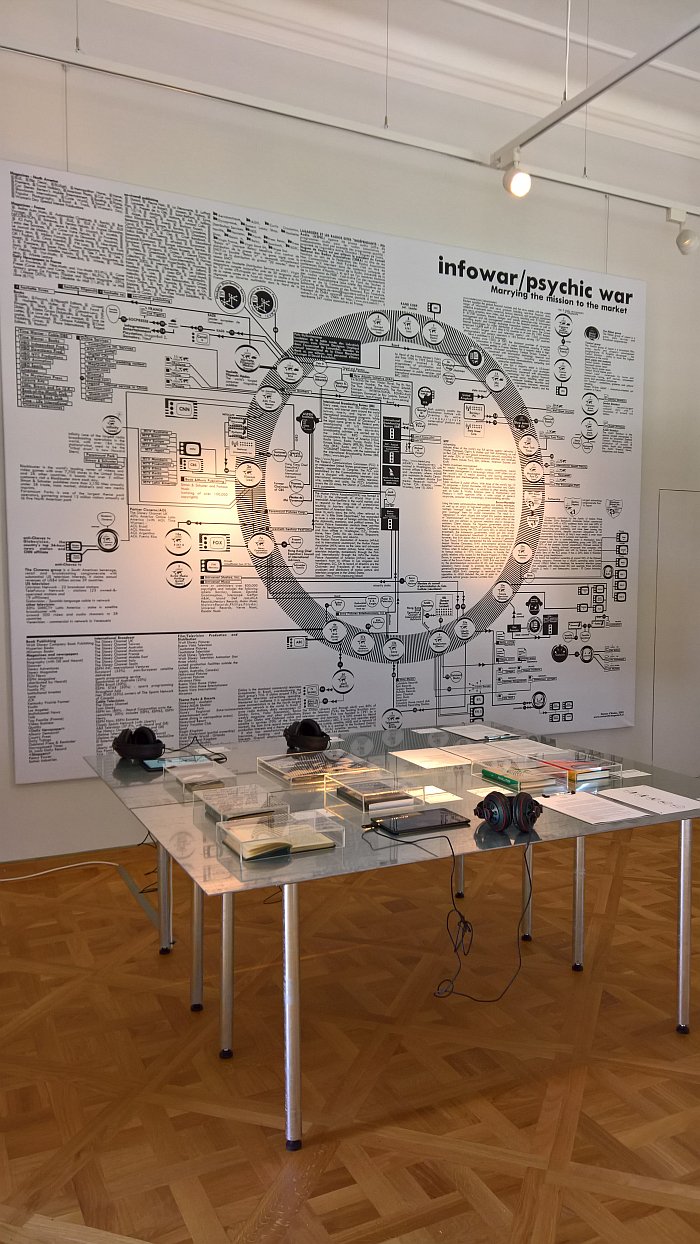
It is fair to say that when Common Knowledge premiered in November 2019 in context of the 26th Ljubljana Biennale of Design the most universally understood expression of a contemporary Information Crisis was Fake News. In the course of the Biennale, and for all since it closed in February 2020, a near textbook example of the challenges, complexities and manifestations of contemporary information production, distribution and reception, appeared and established itself: SARS-CoV-2
H.G. Wells' 1937 hows, whats, wheres, and for all, whys, echoing in 2020 with a clarity and urgency that we'd be fools to overlook.
The problem therein being that, as we all know, human civilization isn't the cleverest of organisms. And has been overlooking the necessities of better understanding Information, as with the necessities of not poisoning its planet, for far too long. A crisis develops, it doesn't appear. And once developed risks growing to an emergency.
Common Knowledge can be understood as an attempt to avoid that Information Emergency through reflections on the health of our Information, reflections on the health of our Information Society, reflections on the roles and responsibilities of design and designers in our Information production, distribution, reception; and reflections framed in a narrative based on Russell L. Ackoff's hierarchical pyramid: rising from a base of Data over its processing to Information its translation into Knowledge and at the top...... No, we'll save that.
And start, as the vast majority of us do, at the bottom.
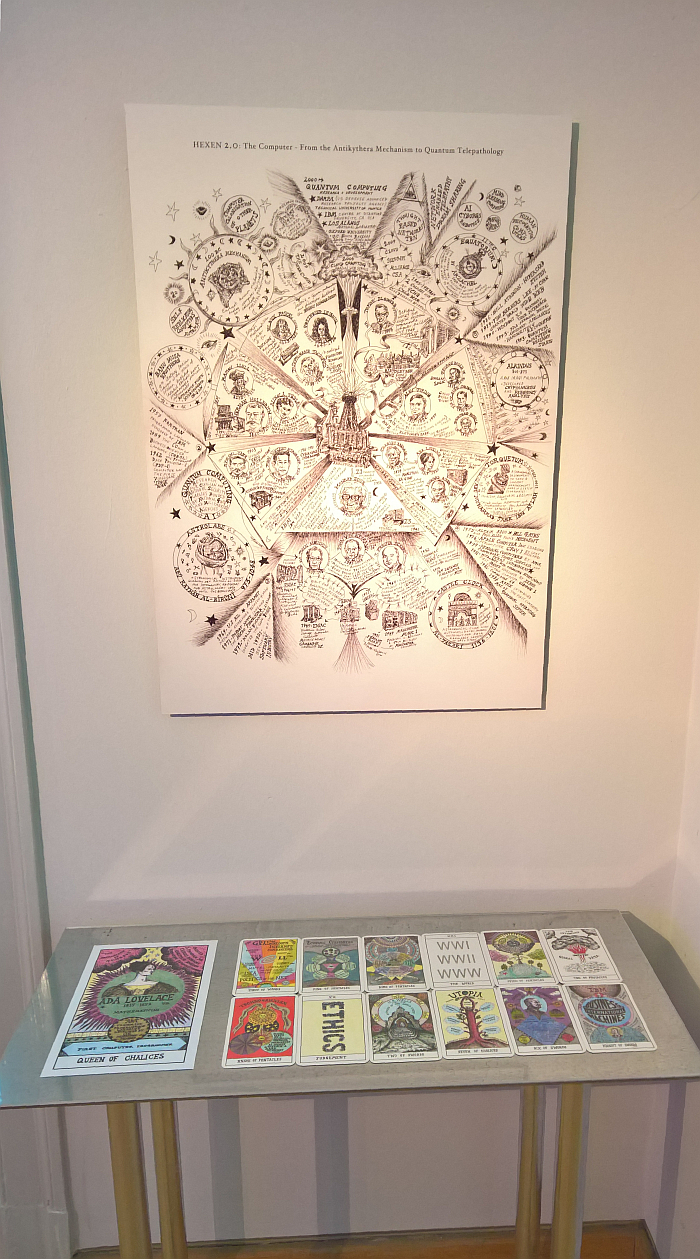
Data is very much the commodity of the hour, a resource produced and traded with an increasing volume and speed, yet, and as with so many commodities of international trade is, when all is said and done, in itself, pretty worthless.
Data is a bit like a coconut, latex, or bauxite. You can almost certainly do something with it, but not in its raw form. First it has to be processed.
Which is where the Information Crisis begins. Or perhaps more accurately put, is where the first risk of an Information Crisis arises.
Not least because the processing of Data, invariably, occurs in a context, and recent years have not only seen an increase in the amount, variety, and regularity of Data collected, but an increase in the contexts in which it is processed; whereas in centuries past, and simplifying to the point of inaccuracy, Data was primarily a tool of government and taxation, over the centuries it increasingly became a pseudo-science, for all in context of standardisation and optimisation, before in more recent years it has become increasingly commercial, as both a commercial exercise and a commercial strategy. And where commerce leads politics invariably follows.
And whereas no-one would argue that government and taxation can't exist contrary to the well-being of the individual and the collective, the worlds of commerce and politics are generally more selfish and self-serving; thus, not only is it important to better understand their machinations, but, in context of Data, and as previously discussed in context of the participatory installation Freiheit 2.0 Stuttgart: Big Data, You & I, to understand where it is collected, how it is processed, by whom, and for all why.
Questions explored in Common Knowledge through projects such as, for example, Suzanne Treister's Hexen 2.0 which, and amongst other lessons, teaches us that the algorithm ain't new, nor is an unfaltering belief in the infallibility of the algorithm, why else Ada Lovelace, one of the pioneers of the computer algorithm, as the benevolent, compassionate, virtuous Queen of Cups?; Digicars by Dunne & Raby which helps underscore that data analysis and algorithms can be used as the basis for decisions which directly affect us without us understanding how or having any say in the matter, specifically in Digicars the speed and comfort with which your autonomous vehicle takes you from A to B is dependent on your data score as calculated by an algorithm, it could however just as easily be decisions on if you qualify for a bank loan, can cross an international border, or your A level grades; while Kate Crawford and Vladan Joler's Anatomy of an AI System helps elucidate the human and environmental costs of your Amazon Echo, and by extrapolation the environmental and human costs of our networked, smart, future society, that the risks and dangers of AI and emergent smart technologies aren't just concerned with our individual rights and freedoms.
But it's not all dystopia, reflections on, for example, Open Data X Data Privacy offer a future in which Data is a transparent communal resource rather than an opaque commercial commodity, for lest we forget amidst all this talk of crisis, Data can be very useful, is generally the basis for better, more sustainable, durable, decisions. Similarly Giorgia Lupi's Data Humanism manifesto which demands a future in which, now that we are all familiar with the mass visual presentation of Data, we can start to present, visualise, Data in ways that, rather than attempting to simplify the world for rapid consumption, help us understand the complexity in which we live, are more responsive, and thereby initiate "a second wave of more meaningful and thoughtful visualization". Which, we'd argue, would be one "second wave" most would welcome.
And which in doing so leads nicely on to the subject of Information dissemination, and for all the role and relevance of the form of Information dissemination, if one so will, reflections on Marshall McLuhan and Quentin Fiore's opinion that "societies have always been shaped more by the nature of the media by which men communicate than by the content of the communication."2
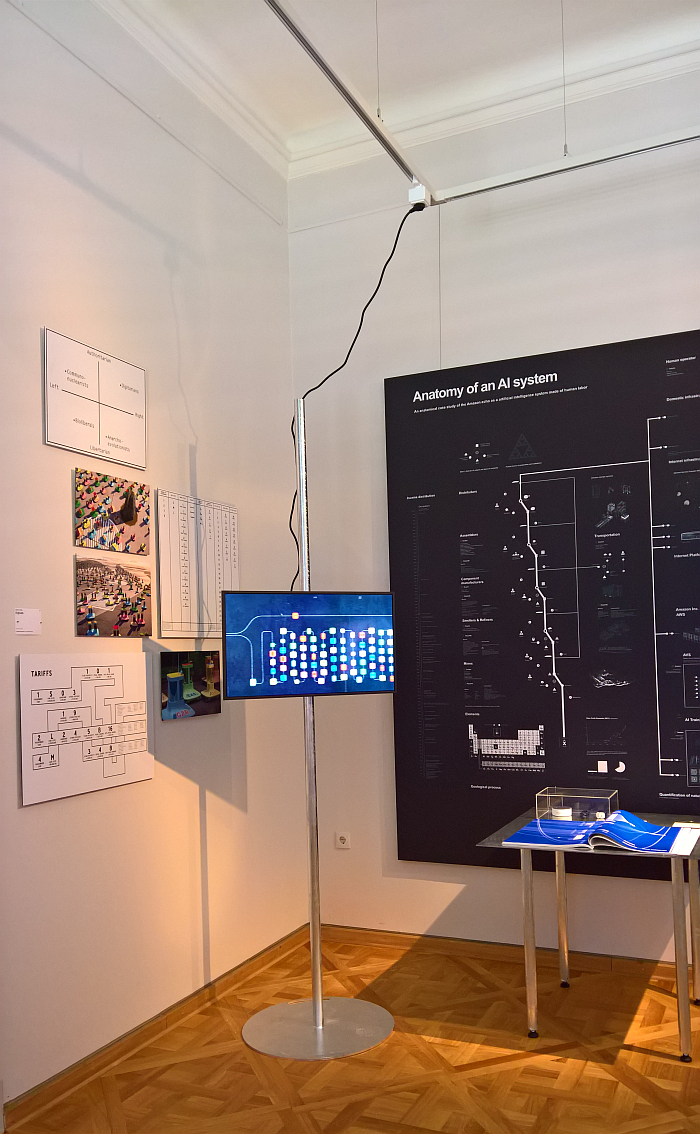
An opinion that today is all too readily understood in our smartphones and social media apps, those nests of Fake News. And a state of affairs neatly discussed in Common Knowledge by reflections on radio, a technology that, as with the printing press before it and the internet after it, stands as a disruptor of existing norms of mass communication, was a novel technology that allowed not only for a rapid Information dissemination but a rapid Information dissemination direct to individuals, and that independent of those individuals social position or level of literacy, all one had to do was ensure those individuals had the means to receive your message. A state of affairs the Nazis understood to exploit, Common Knowledge presenting with Walter Maria Kersting et al's Volksempfänger VE 301, a radio devised, and more importantly designed, specifically with the aim of aiding and abetting the spreading of the NSDAP's abhorrent ideology, or as we noted of the VE 301 from the exhibition Design of the Third Reich at the Design Museum Den Bosch, "just imagine, a cheap, aesthetically pleasing, contemporary formed electronic device via which you can continuously spread, unchallenged, your falsehoods to individuals as they sit in their own homes of an evening........."
Just imagine!
Alternatively just imagine smartphones radio as a medium for social and cultural empowerment. Michael Uwemedimo did and with Chicoco Radio, a community owned station based in Port Harcourt, Nigeria, not only provided a platform for local journalism, music and opinions, but through making the community the stakeholders embedded responsibility for the Information disseminated within that community, in all its heterogeneity. All its complexity.
The comparison of the VE 301 and Chicoco Radio, and also the presentations, discussions and discourses on numerous examples of editorial design, book design, pictograms and infographics, also helping underscore that Information is, as with Data, passive, we, individually and collectively, activate that Information in that we translate it into Knowledge, or perhaps more accurately put, in that we combine, reorganise, transform, translate it into Knowledge.
Which is where the second risk of an Information Crisis arises.
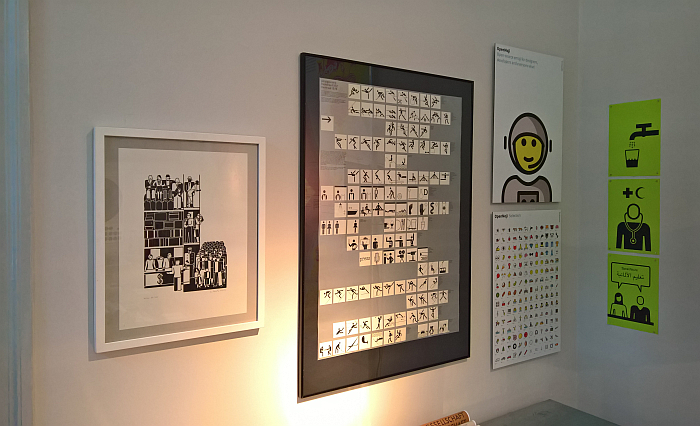
In context of the 26th Ljubljana Biennale alongside the central exhibition six satellite exhibitions were staged which explored contemporary challenges facing six mediators of Information: on the one hand, what curators Thomas Geisler and Aline Lara Rezende refer to as the four pillars of truth in the western world - the Library, the Museum, the University, the Newspaper - a list whose myriad inherent internal biases makes clear that our Information Crisis has been happily bubbling along for sometime now. And on the other, two alternative understandings of Information mediators, arguably two which are not only less biased but more universally accessible than the four pillars, and thus, potentially, more democratic, and which thereby offer insights into more future-proof Information mediation: the Botanical Garden, an encyclopaedia of natural solutions, of innate design, innate Knowledge, and an opportunity to reflect on memory and continuance in systems, and the power of quiet observation; and the Retirement Home, what the curators term an academy of life, individuals whose experiences are every bit as valid as the biographies of the monarchs, artists and scientists which fill our libraries, yet who are rarely consulted.
In Dresden the six Ljubljana showcases are presented as posters and videos, yet despite their reduction still allow one to approach an understanding not only of the deep-rooted importance of institutional Information mediation in our societies, but also, and along with projects such as Stewart Brand's Whole Earth Catalog or Neri Oxman's Krebs Cycle of Creativity, of the importance of the connected inter-dependent networks within which we all find ourselves for the activation of Information to Knowledge, that Information activation rarely, if ever, occurs in perfect isolation. And that the translation of the former to the latter isn't an automatic, uniform, defined, process but one dependent on the health of the Information won from Data, the environment in which it is transformed into Knowledge, and one further, very important, aspect.......
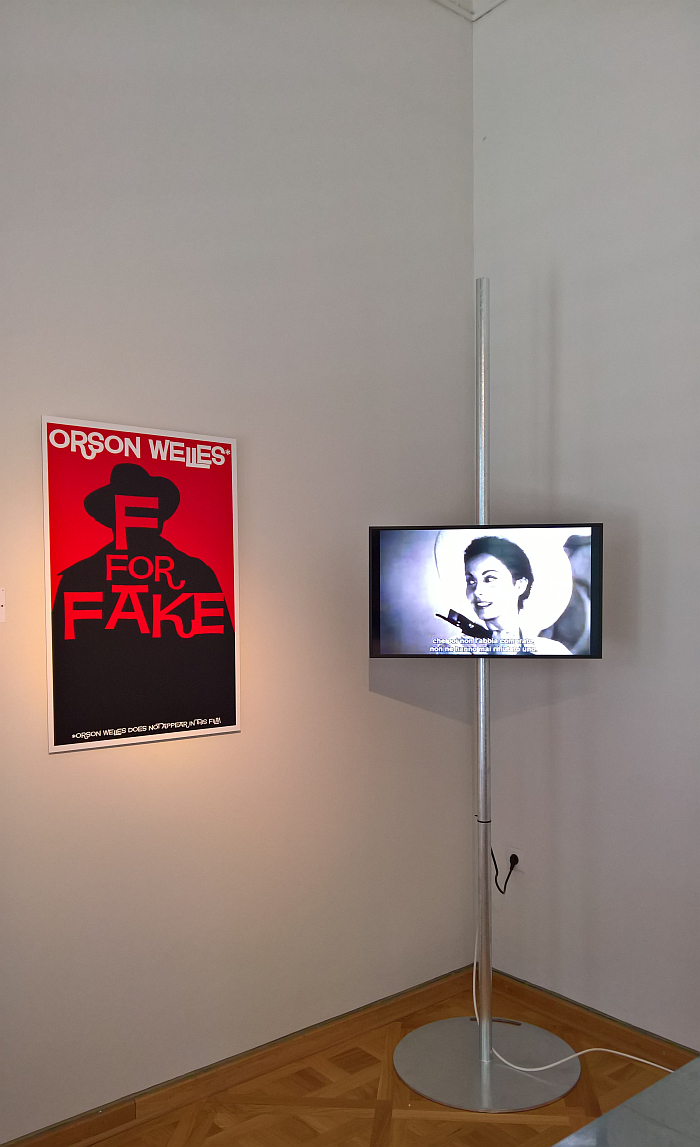
Despite what one may believe from the current discussions on and controversies surrounding Fake News, the path from Data to Information to Knowledge has never been democratic, transparent or reliable. OK, possibly in the Neolithic Age, but can anyone say for certain how raw Data became the Information contained in cave paintings? And why the cave painting as a medium?
Rather, as human society has developed and evolved the path from Data to Information to Knowledge has always been affected by deficiencies, be that insufficient/incomplete raw Data - we didn't know things, we misunderstood things - or biases, and regular malicious dishonesties, in both the processing of Data to Information and within the relevant networks and/or the institutional mediators of Information. Whereby, and very much in context of biases and dishonesties, we'd argue that as a project Common Knowledge ignores, sidesteps?, an important seventh Information mediator, a fifth pillar of truth: Religion. In all its guises. But we'll leave that for you to discuss amongst yourselves.....
Less controversial is the long-term consequences of such deficiencies, for all in context of our decision making.
Data can be, is, unquestionably, one of the better foundations for decision making, but is but a raw material, it needs to be processed: insufficient/incomplete Data or Data processed without due care/with undue bias leads to adulterated Information, while Information, adulterated or not, if activated in a befouled/partisan environment leads to unhealthy Knowledge; and we all understand the consequences of previous generations adulterated Information and unhealthy Knowledge on the individual and the collective, we all understand the role of adulterated Information and unhealthy Knowledge in the perpetuation of, for example, racism, gender inequality or social injustice. Yet continue as if we didn't. Continue as if there had never been problems in our relationship(s) with Data, Information and Knowledge. Continue as if Data, Information and Knowledge were inherently complete, infallible, pure, independent, absolute. Continue as if our societies and institutions are free of bias and malice.
Which is clearly a patently ludicrous position for us to find ourselves in in the 21st century.
And leads one, or certainly leads us, to the indubitable conclusion that just as plastics aren't to blame for our ocean pollution crisis, that just as cars and planes aren't to blame for air pollution crisis, or that junk food isn't to blame for our obesity crisis, but in all cases humans are to blame, and alone changes in human behaviour can alleviate them, so Data and Information aren't to blame for our Information Crisis. We all are, individually and collectively. And thus the responsibility for steering us away from an Information Emergency, and developing healthier relationships with Data, Information and Knowledge, sits, ultimately, with us all, with changes in our behaviour, individually and collectively.
Which is a phrase we've been using a lot this post. And not simply from a literary fancy. But because the Common in Common Knowledge is very much to be understood not just in the sense of accepted, prevailing, general, but also, for all?, in the sense of collective, commutual, social; that although Knowledge is individual it isn't the sole preserve of the individual but is a common good and if we as a society collectively translate our Information to Knowledge, and use the Knowledge generated collectively, the benefits can be greater than each translating and using for themselves.
We need to work together.
And we need to build our decision making on a foundation of more than Data.
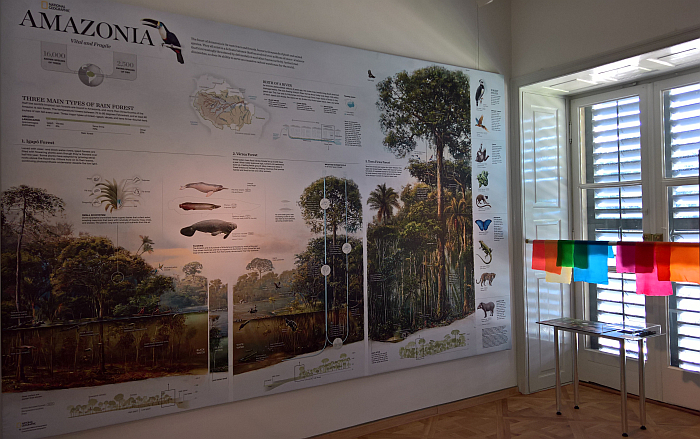
In all the above we've happily, compliantly, and uncritically, followed Ackoff's pyramid argument, although it clearly isn't, and cannot be, the truth, the whole truth and nothing but the truth; notwithstanding the difficulties of defining "Data", "Information" & "Knowledge", and the question of in which category do we place any given Tweet from Donald Trump?, comes the fact that little outwith mathematics is so neatly definable nor flows so unyieldingly linearly. Indeed one could argue that the pyramid is itself but Information, something processed from Data and which can be used to activate Knowledge, and which would make relying on it a neat example of the dangers of relying on simple infographics to explain complex relationships. Which may or may not make it meta.
However, regardless of the criticisms which can, and should, be made, of the pyramid, and the weaknesses invariably inherent within it, Ackoff's pyramid does, as Common Knowledge very neatly demonstrates, allow for a nice framework for both ordering our thoughts on and considering the challenges of our contemporary Information Society. And so, and having come this far, we'll stick with it. Right to the top: Wisdom
A capacity, ideal, discernment, which although it sits atop the pyramid is for Ackoff not a further development from Knowledge per se, but rather, "deals with values", and, "involves the exercise of judgement", and is something found within humans.*
And definitely isn't something found within Data.
Data is not only devoid of Wisdom, but the emotion, experience, morality, compassion, et al which are inherent in the complexity of individuals and societies.
Thus, logically, so is the Information we generate from Data.
With the activation from Information to Knowledge comes an opportunity to apply Wisdom, an opportunity to reflect the human condition, reflect the social condition, to proof your Information against the complexities of the individual and society, to ask if we've been here before and if so what we can learn, and thus use your Data in not only relevant, useful, manners, but ways responsive to and respectful of the individual and society.
Yet how often today do we, individually and collectively, activate Information to Knowledge?
How often today do we, individually and collectively, employ Information, rather than Knowledge, as the basis for decision making?
We generate ever more Information, but also ever more Knowledge......?
We talk of an Information Society. Not a Knowledge Society.
And why?
We'd argue it is related to that innate human hang to seek solace in our overwhelment** at the complexity of life in simple answers that sound plausible, and Information is, generally, simpler than Knowledge, certainly can be presented in a more social media friendly fashion: but in a world of ever more Information of opaque origin and questionable health; in a world in which ever more competence and autonomy is being given to digital, virtual systems beyond the direct control of civic democratic structures; in a world in which ever more aesthetically pleasing, contemporary formed electronic devices are in regular use; in a world of unabating environmental, social and cultural tensions, for all highly politicised environmental, social and cultural tensions; in a world of "everyone banging their own damn drum" with increasing relentlessness. In such a world we really, really, really, need to understand the importance of not only moving from Information to Knowledge, but when doing so, of integrating Wisdom, emotion and experience into our systems. To understand that Data doesn't inherently have all the answers. That whatever Data tells us must always be considered and acted upon in context of the reserves of human history and humanity.
Or put another way, at the very end of the exhibition stands the Amazon rainforest. Not literally, that would be ridiculous, but a large infographic which helps explain that Amazonia is not only a Data repository from which untold Information can be won, but is a network of inter-dependent connections that feed into and through one another. And is very complex. A complex society which stands as a common good for all its component parts and a complex society maintained not only by tangible, measurable, physical and chemical relationships, but by a (hi)story of adaptation, evolution and a continual rebalancing through feedback loops.
And thus not only a metaphor for an idealised human society; but a metaphor neatly continued by reflections on the indisputable demonstration of how a lack of respect for the unseen, intangible, unmeasurable components, a lack of respect for the complex, inter-dependent connections, a lack of respect for the centuries of wisdom contained within such a complex system destabilises and threatens to destroy the system.
An alternative, analogue, Amazon Echo. And one that can teach us an awful lot more than its digital counterpart.
Yet we all know which one we preferentially listen to. And as McLuhan and Fiore (tried to?) teach us "hearing is believing".4
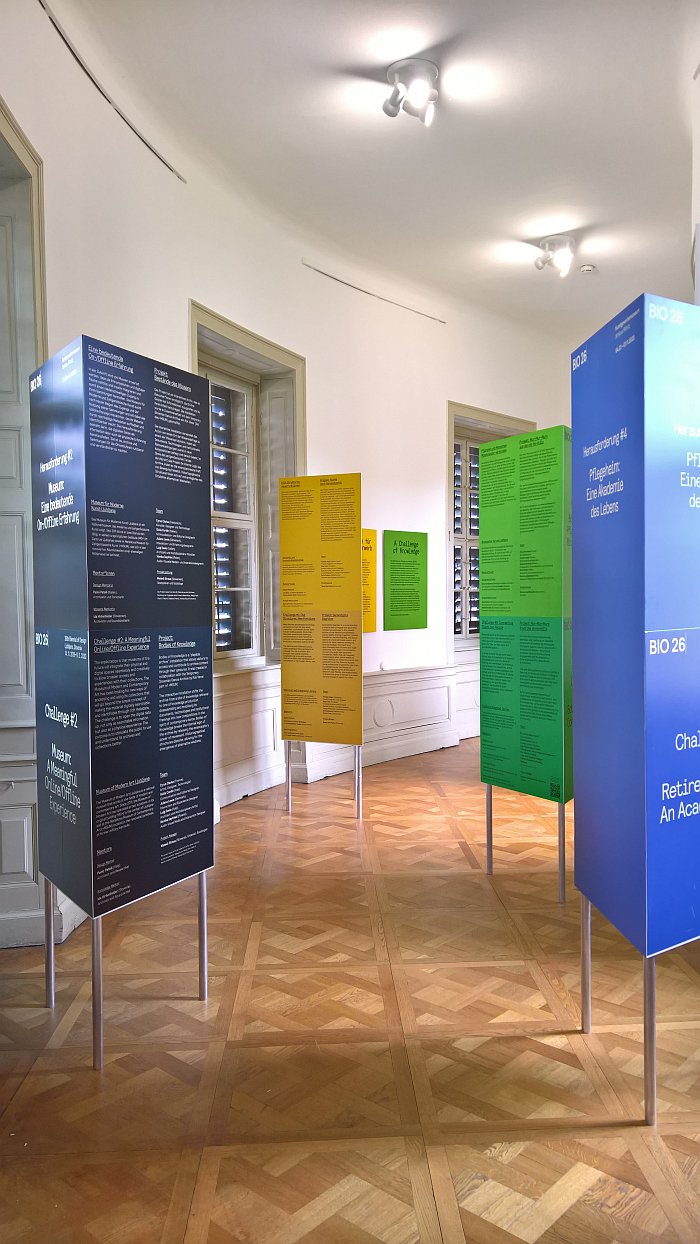
Our Information Crisis isn't new, it's centuries old, but we today are better placed than previous generations to appreciate why we are where we are, and thus to resolve the situation. And also better placed than previous generations to accelerate into an Information Emergency. Common Knowledge is an invitation to reflect on our options.
To that end it presents deliberations on Data, Information, Knowledge and Wisdom through a collection of projects which help elucidate how design and designers both contribute to the problems of our contemporary Information Society, confirm that Victor Papanek’s “There are professions more harmful than industrial design, but only a very few of them”3 urgently needs to be extended to include graphic design, but also examples of how graphic design and industrial design can be used as forces of good, as useful not harmful, in the development of both products and systems. And also critical design projects which expand the space and time for thought and reflection by moving the discussion away from tangible objects into more speculative and theoretical arenas, including, and amongst many others, Matthew Stewart and Jane Chew's Institute for Patent Infringement which contains, and actively encourages, hacks of Amazon - retailer not forest - patents; Disnovation.org's Online Culture Wars which attempts to place individuals, institutions, conglomerates, et al in a political/economic matrix and thus aiding understandings of the contexts of the continual, ceaseless, online/social media commentary of culture and society; and Dunne & Raby's aforementioned Digicars which makes very clear we're standing at the gates to a world unrelentingly governed by Carol Beer: "Computer says no".
Representing the very first time in its 50+ year history that the central exhibition of the Ljubljana Biennale has travelled outwith Ljubljana, Common Knowledge, by necessity of the much more compact exhibition space in Dresden compared to that in Ljubljana, contains a lot of projects and objects in relative close proximity; however, it makes very intelligent use of the Baroque room plan in the Schloss Pillnitz Wasserpalais to present its discourse in a manner that never feels crowded, in a manner that allows you the requisite space to think and reflect, and in doing so to approach more probable understandings of our contemporary relationships with Data and Information, of our contemporary relationships with Knowledge, our contemporary Information Society, and why not a Knowledge Society?, the systems and processes by which we, individually and collectively, make decisions, the relationships between Data and those decisions, the relationships between technology and those decisions, the future form(s) of such relationships; and as an exhibition and discourse is not only "a very interesting thing" but for all, a most timeous invitation "to ask myself certain questions", such as, "How did I come to know what I know about the world and myself? What ought I to know? What would I like to know that I don't know? If I want to know about this or that, where can I get the clearest, best and latest information? And where did these other people about me get their ideas about things? Which are sometimes so different from mine. Why do we differ so widely?"
Common Knowledge – Design in Times of the Information Crisis runs at the Kunstgewerbemuseum, Schloss Pillnitz, August-Böckstiegel-Straße 2, 01326 Dresden until Sunday November 1st
Full details can be found at https://kunstgewerbemuseum.skd.museum/common-knowledge
In addition, until November 1st the Kunstgewerbemuseum is also presenting Beauty of Form. The Designer Christa Petroff-Bohne. A thoroughly different understanding of and approach to design, and a thoroughly entertaining juxtapose.
And as ever in these times, if you are planning visiting please familiarise yourself in advance with the current ticketing, entry, safety, hygiene, cloakroom, etc rules and systems. And during your visit please stay safe, stay responsible, and above all, stay curious….
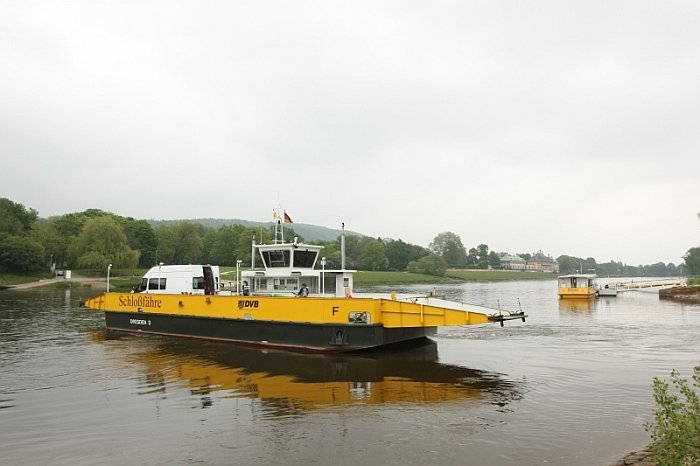
1H. G. Wells, Lecture delivered in America, October and November 1937, reprinted in H. G. Wells, World Brain, Doubleday, Doran & Co, Garden City New York 1938
2Marshall McLuhan & Quentin Fiore, The Medium is the Massage, Penguin Books 2008
3Victor Papanek, Design for the Real World. Human ecology and social change, Thames & Hudson 1985
4Marshall McLuhan & Quentin Fiore, The Medium is the Massage, Penguin Books 2008
* Ackoff also defines, for him, the difference betwixt efficiency and effectiveness, arguing that while Data, Information and Knowledge can improve efficiency, improving effectiveness requires Wisdom. Which is a subject we will come back to.....
** Overwhelment isn't an actual word. But we can't work out what the word for "to feel overwhelmed" is. And overwhelment sounds right, or at least right enough...